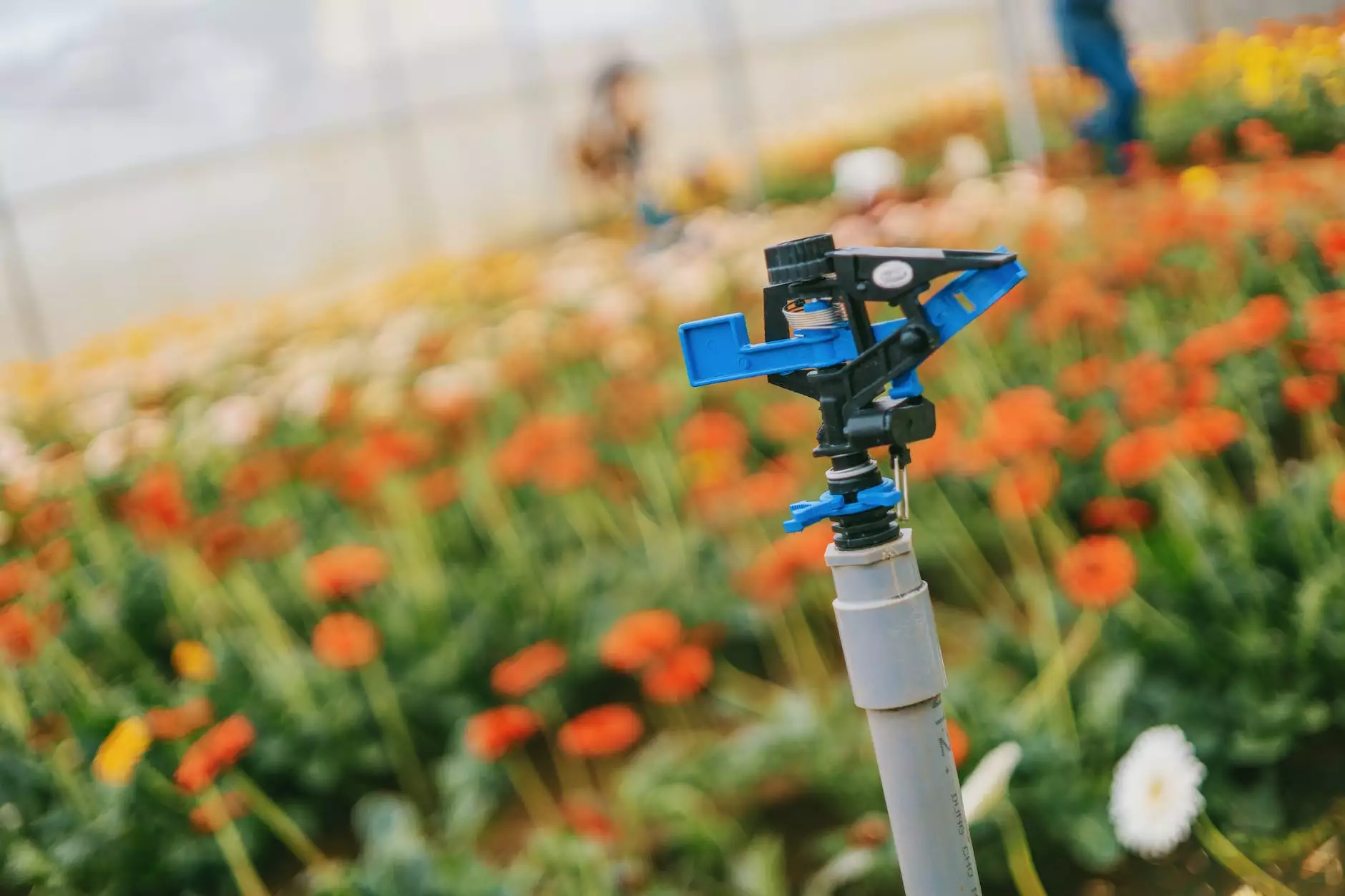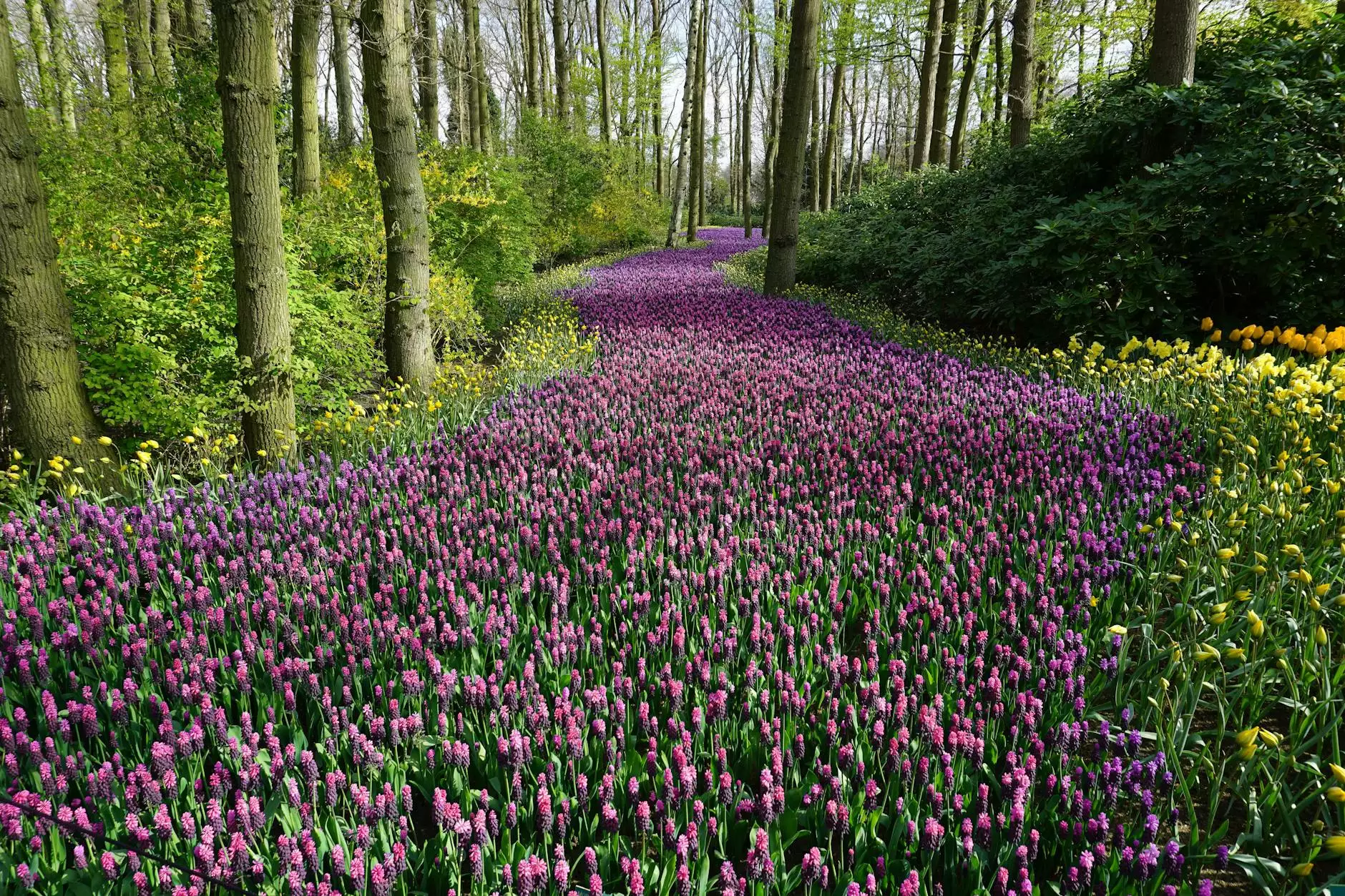10 Tips for Eco Friendly Gardening
Eco Friendly Gardening
Introduction
Welcome to California Sprinklers, your trusted source for eco-friendly gardening tips and techniques. In this comprehensive guide, we will share valuable insights on how to create and maintain an environmentally friendly garden, allowing you to enjoy the beauty of nature while minimizing your impact on the planet.
1. Choose Native Plants
When designing your garden, opt for native plants that are adapted to your local climate and soil conditions. Native plants require less water, fertilizer, and pesticides, making them ideal for sustainable gardening. Additionally, they provide food and habitat for local wildlife, promoting biodiversity.
2. Practice Water Conservation
Water is a precious resource, and it's important to use it wisely in your garden. Install a drip irrigation system or efficient sprinklers from California Sprinklers to minimize water wastage. Collect rainwater in barrels to use for watering your plants, reducing your reliance on municipal water.
3. Compost and Mulch
Composting organic waste and using mulch in your garden has multiple benefits. Compost enriches the soil, improving its structure and fertility. It also reduces the need for synthetic fertilizers and promotes healthy plant growth. Mulch helps retain moisture, suppresses weeds, and insulates the soil, reducing water evaporation.
4. Practice Integrated Pest Management (IPM)
Avoid harsh chemical pesticides that harm beneficial insects and disrupt the ecosystem. Instead, implement Integrated Pest Management techniques. Encourage natural predators like ladybugs and birds to control pests. Remove weak or diseased plants promptly and use organic pest control methods when necessary.
5. Use Organic Fertilizers
Choose organic fertilizers, such as compost or natural amendments, to provide essential nutrients to your plants. These fertilizers release nutrients slowly, promoting long-term plant health and minimizing nutrient runoff into water bodies.
6. Create a Wildlife Habitat
Design your garden to attract and support wildlife. Incorporate native flowering plants, shrubs, and trees that provide food and shelter for birds, butterflies, and pollinators. Install bird feeders and birdhouses to encourage bird populations. Every small step counts in creating a thriving wildlife habitat!
7. Practice Crop Rotation
Implement crop rotation in your vegetable garden to naturally control pests, diseases, and nutrient deficiencies. By rotating crops, you break pest and disease cycles, improve soil fertility, and promote overall plant health. This technique also helps maintain a balanced ecosystem in your garden.
8. Select Appropriate Garden Structures
Consider installing raised beds or vertical gardening structures to maximize space utilization and optimize plant growth. These structures promote better air circulation, reducing the risk of fungal diseases. California Sprinklers provides customized solutions for efficient irrigation in various garden setups.
9. Embrace Organic Weed Control
Instead of relying on harmful herbicides, employ organic weed control methods. Pull weeds by hand or use natural weed suppressants like mulch or weed-blocking fabrics. Regularly monitor your garden for weeds and address any weed issues promptly.
10. Educate and Inspire Others
Share your eco-friendly gardening knowledge with others. Start a community garden, organize workshops or share tips on social media platforms. Inspire your friends, neighbors, and colleagues to join the sustainable gardening movement, contributing to a healthier environment for all.
In conclusion, by implementing these 10 eco-friendly gardening tips, you can create a beautiful and sustainable garden that benefits both you and the environment. California Sprinklers is your dedicated partner, offering expert advice, high-quality irrigation systems, and sustainable gardening solutions. Together, let's create a greener future, one garden at a time!










